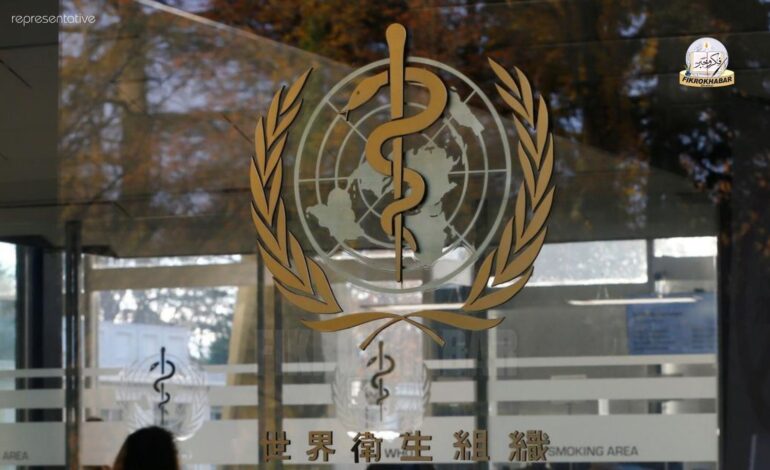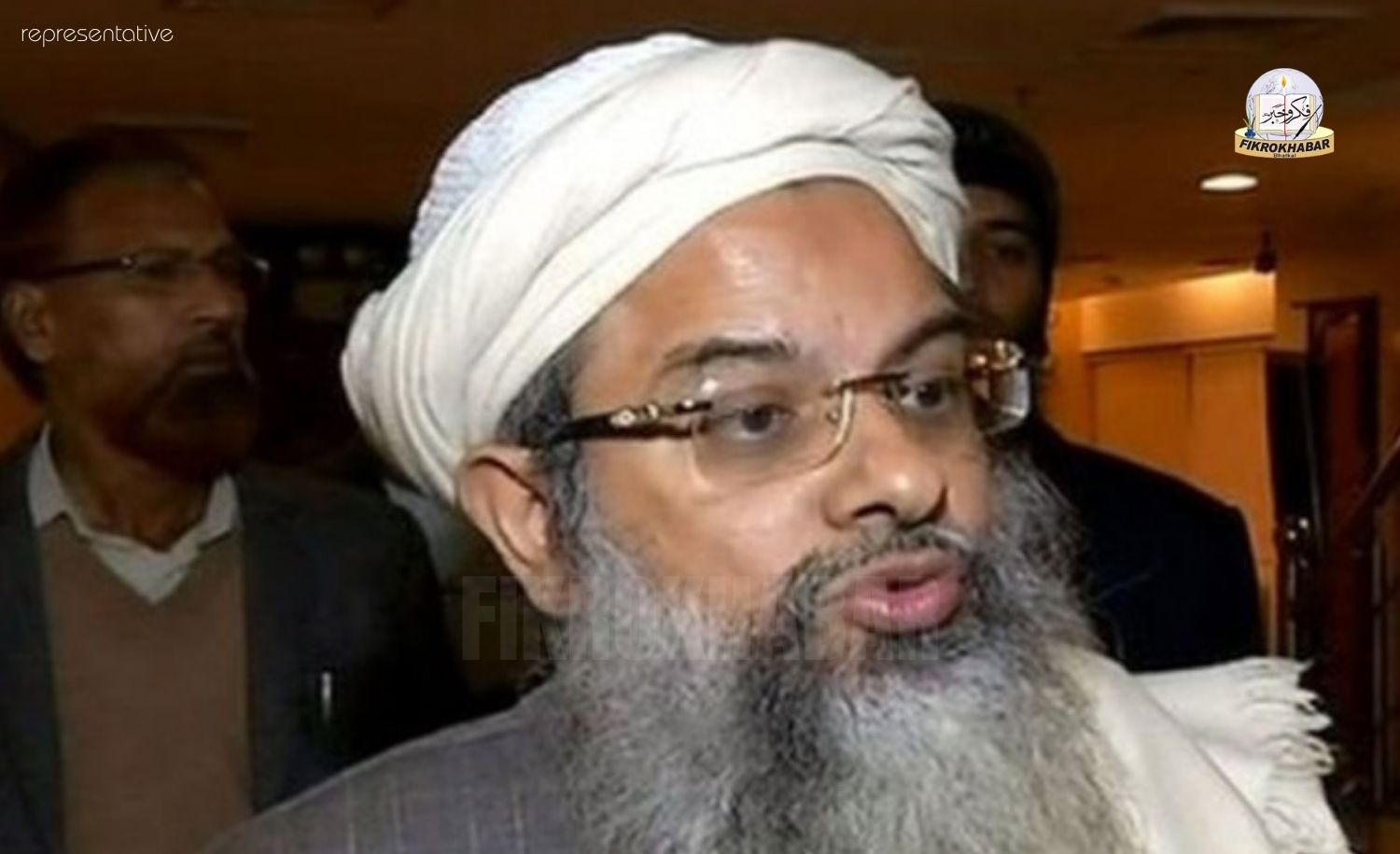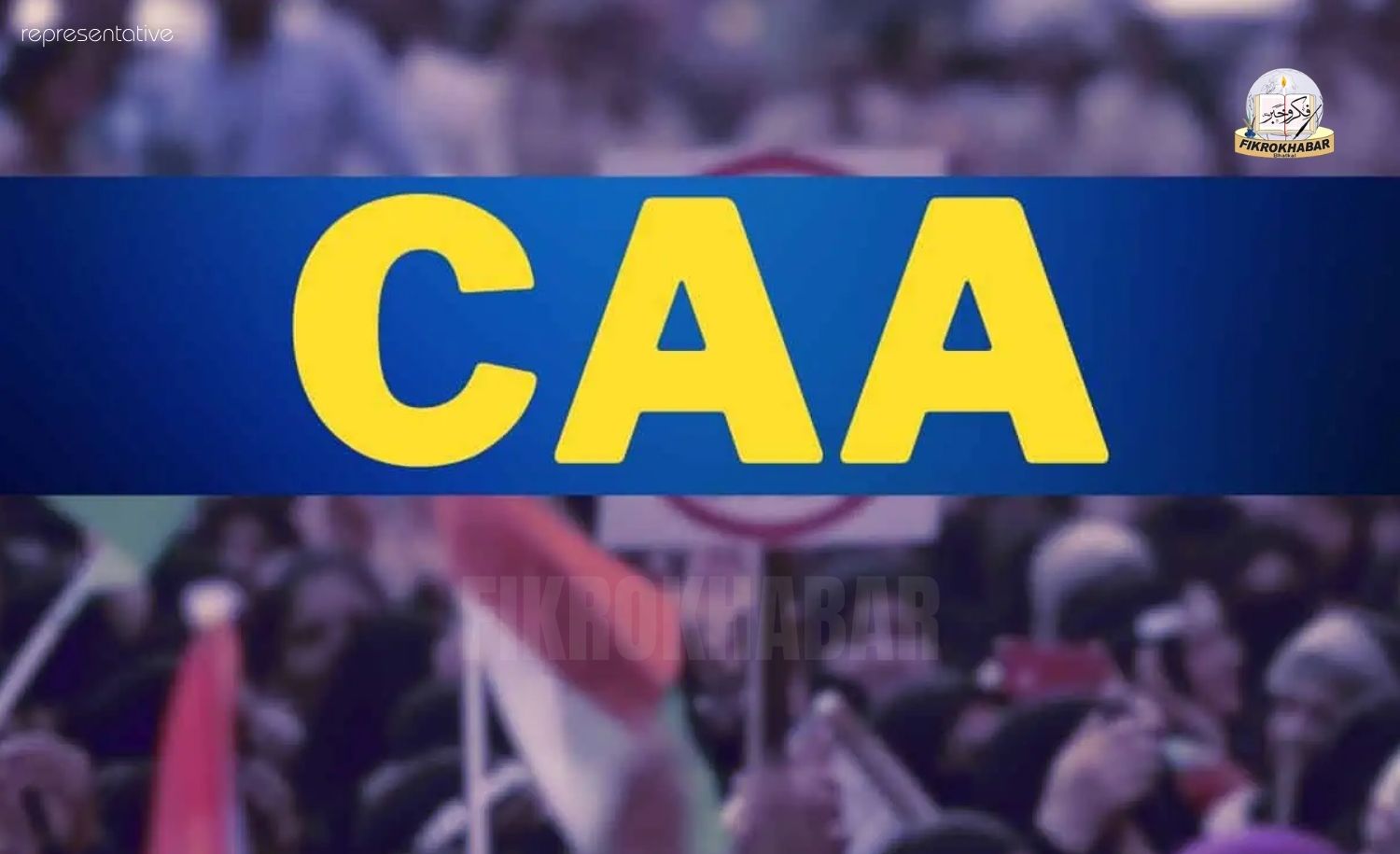WHO Issues Global Alert Over Toxic Indian-Made Cough Syrups After Deaths of 22 Children
Three syrups found contaminated with deadly chemical Diethylene Glycol; banned in multiple Indian states.

The World Health Organization (WHO) has issued an urgent medical alert after three Indian-made cough syrups were found to contain dangerously high levels of Diethylene Glycol (DEG) — a toxic industrial solvent linked to multiple child deaths in Madhya Pradesh.
According to WHO, the contaminated syrups have been identified as:
- Coldrif Cough Syrup – Manufactured by Sresan Pharmaceutical, Tamil Nadu
- Respifresh TR Syrup – Manufactured by Rednex Pharmaceuticals, Gujarat
- ReLife Syrup – Manufactured by Shape Pharma, Gujarat
Laboratory tests found the presence of Diethylene Glycol at levels far exceeding legal limits.
- Coldrif Syrup: 48.6% DEG
- Respifresh TR: 1.34% DEG
- ReLife: 0.616% DEG
Under Indian law, the permissible limit of DEG in oral medications is 0.1%, but experts stress that even minimal traces of this chemical are dangerous and can lead to acute kidney and liver failure, especially in children.
Child Deaths in Madhya Pradesh
Since early September, dozens of children in Madhya Pradesh reportedly fell ill after consuming the tainted syrups. Symptoms included vomiting, fever, urinary retention, and extreme fatigue. The first death was reported on September 2, and as of early October, at least 22 children have died.
Investigations confirmed the link between the syrups and the fatalities. On October 2, Tamil Nadu’s drug control authority officially declared Coldrif Syrup as substandard. A few days later, drug control departments in Madhya Pradesh and Gujarat confirmed severe contamination in all three syrups.
Arrests and Government Action
In response to the incident:
- Sresan Pharmaceutical’s owner, G. Ranganathan, was arrested in Chennai.
- The company’s manufacturing license was revoked.
- Over 10 Indian states, including Tamil Nadu, Madhya Pradesh, Kerala, Karnataka, Punjab, Himachal Pradesh, Uttar Pradesh, Puducherry, West Bengal, and Delhi, have banned the sale of the affected syrups.
The Central Drugs Standard Control Organisation (CDSCO) informed WHO on October 8 that the contamination had been officially confirmed. So far, there’s no evidence that the syrups were exported internationally, but WHO has advised all countries to monitor unregulated supply chains and take immediate action to prevent such products from entering their markets.
Public Warning
Health experts and WHO have strongly urged parents and caregivers:
- Do not use these syrups under any circumstances.
- If a child who has taken any of these products shows signs of vomiting, fever, or reduced urination, seek immediate medical help.
A Recurring Pattern
India is known globally as the “Pharmacy of the World” due to its vast pharmaceutical industry. However, recent years have seen repeated concerns over drug safety and quality control. In 2022, Indian-made syrups were linked to child deaths in Gambia and Uzbekistan. This latest tragedy inside India raises further questions about regulatory oversight and manufacturing standards in the country’s pharmaceutical sector.



